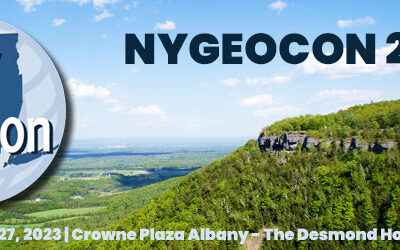The University of Vermont’s Rubenstein School of Environment and Natural Resources is recruiting two funded Ph.D. positions to explore how Earth Observations (e.g., other remote-sensing data) can reveal connections between ecosystems and socioeconomic outcomes, with a focus on justice.
Ph.D. students will be supervised by the three faculty members at UVM’s Rubenstein School of Environment and Natural Resources:
- Gillian Galford <https://www.uvm.edu/rsenr/profiles/gillian_galford>,
- Taylor Ricketts <https://www.uvm.edu/gund/profiles/taylor-ricketts>
- Rachelle Gould <https://www.uvm.edu/rsenr/profiles/rachelle_gould>.
UVM faculty members Bindu Panikkar <https://www.uvm.edu/rsenr/profiles/bindu_panikkar> and Brendan Fisher <https://www.uvm.edu/gund/profiles/brendan-fisher> are also collaborators and will interact with students.
The positions are part of a team project “Socioeconomic assessments: enhancing and measuring the value of Earth Observations (EO) for informing decisions,” which involves collaboration with faculty at five other universities and 15 non-academic partners.
The students will contribute to three research topics:
- Climate change, human migration, and environmental justice: EO data empowers modeling of climate change and its biophysical impacts, but has lagged behind in informing climate change migration and adaptation. EO can be better leveraged to improve understanding of vulnerabilities, impacts, and opportunities for adaptation. (This work builds on Galford’s work, e.g., Ren et al. 2022 <https://www.liebertpub.com/doi/full/10.1089/env.2021.0063> and Clark et al. In Press, Dynamics in Human Systems.)
- Biocultural values and environmental justice: EO data have been used very little in concert with biocultural values such as sacredness or cultural identity. EO may be able to improve understanding of relationships between biodiversity and biocultural and nonmaterial values, especially if novel “measures of value” (i.e., not only economic measures) are employed. (This work builds on Gould’s work, e.g., Gould et al. 2019 <https://link.springer.com/article/10.1007/s11625-019-00721-9> and Gould et al. 2020 <https://academic.oup.com/bioscience/article/70/12/1093/5956459>).
- Health and environmental justice: Nature experience can improve mental and physical health, especially in cities, but crucial questions remain about dose-response, types of outdoor experiences, and differences among cultural groups. EO is a promising approach to scaling up and generalizing from local studies to answer these questions. (This work builds on Ricketts’ work, e.g., Herrera et al. 2017<https://www.nature.com/articles/s41467-017-00775-2> and Gourevitch et al. 2021<https://www.nature.com/articles/s41467-021-23905-3>.)
Desired qualifications include: experience with remote sensing data and/or spatial analysis; experience with research on socioeconomic dimensions of environmental issues; interest in environmental justice research, and a commitment to completing an interdisciplinary doctoral degree. Prospective students need not possess all of these skills but demonstrate a clear interest in those they don’t already have.
To apply to one of these positions, please:
1. Send an email to Drs. Ricketts, Galford, and Gould to introduce yourself and briefly explain your interest. Please use “Interest in Earth Observations Ph.D. Position” as your subject line.
2. Apply to UVM’s graduate school by Jan 1, 2023, and clearly indicate your interest in these positions in your application. Instructions on applying to grad school at UVM’s Rubenstein School of Environment and Natural Resources are here <https://www.uvm.edu/rsenr/applying_rubenstein_school_graduate_program>.



